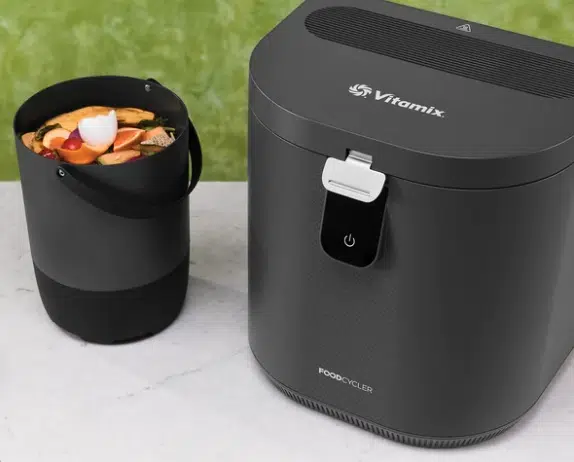The food cycle pilot program in Saugeen Shores has been well received by those who took part.
95 per cent of participants say they’d keep using it.
Councillors are scheduled to hear a report from Ottawa based company Food Cycle Science this evening about how the small in-home compost program is working for users.
This past spring, the municipality offered subsidized food cycles to a number of residents who put their names on a list. The pilot ran from May to August.
It resulted in a reduction of 21.3 garbage bags per household per year, and they say the 316 food cycles in Saugeen Shores will divert 113 metric tonnes of CO2 equivalents per year. According to the report, that’s equivalent to taking about 25 gas powered vehicles off the road each year.
The report says on average, 87 metric tonnes of food waste is diverted from the landfill in a year from the 316 food cyclers in Saugeen Shores.
According to the report, 70 per cent of users said it increased their awareness of food waste, and motivated them to waste less, and 88 per cent said they’d recommend it to others. The average overall rating by users in Saugeen Shores was 4.5 stars.
Some suggestions and feedback highlighted in the report include a desire for a local spot to pick up filters, as they cost money to replace and also to ship. Another respondent felt the food cycler is a better option than a green bin since green bins aren’t generally used much in apartments, or by seasonal residents. There was also a concern about outdoor composting attracting animals.
Other comments included a desire to prevent the landfill from expanding, while another person noted the cost of a food cycler may be too high for some.
Food Cycle Science’s report says right now, the food cyclers are diverting about 1,500 metric tonnes but the report says there is potential to divert about 4,500 metric tonnes if the program expands.
As part of a Municipal Innovation Council (MIC) program, 200 were subsidized by the municipality and 116 were subsidized by the MIC, with support from Bruce Power.
The Municipal Innovation Council also distributed food cyclers to various municipalities and Food Cycle Science says there are now 880 food cyclers in Bruce County.














